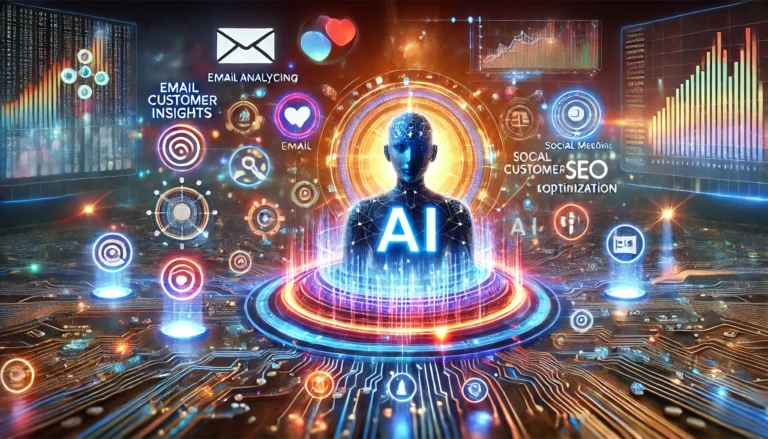Content Marketing Strategies for Small Businesses
Content marketing is one of the most powerful tools for small businesses to build brand awareness, attract customers, and establish authority in their industry. Unlike traditional advertising, content marketing focuses on creating valuable and relevant content that engages and educates potential customers. Here are the best content marketing strategies that small businesses can implement in 2025 to drive growth and success.
1. Define Your Target Audience
Before creating content, it is essential to identify your target audience. Understanding their demographics, interests, pain points, and behaviors helps in crafting content that resonates with them. Use tools like Google Analytics, social media insights, and customer surveys to gather data about your audience.

2. Develop a Content Marketing Plan
A well-structured content marketing plan includes:
-
Setting clear objectives (brand awareness, lead generation, customer engagement)
-
Choosing the right content types (blogs, videos, infographics, podcasts, social media posts)
-
Creating a content calendar to maintain consistency
3. Leverage Blogging for SEO
Blogging is an effective way to improve search engine rankings and attract organic traffic. Small businesses should:
-
Publish high-quality, informative, and engaging content
-
Optimize blogs with relevant keywords and SEO best practices
-
Use internal and external links to boost credibility
-
Update older blog posts to keep content fresh and relevant
4. Utilize Video Marketing
Video content is growing rapidly, and small businesses can leverage it to enhance engagement. Short-form videos on platforms like TikTok, Instagram Reels, and YouTube Shorts can boost brand visibility. Consider creating:
-
Product demonstrations
-
Customer testimonials
-
Behind-the-scenes videos
-
Educational and how-to video5. Social Media Content Strategy
5. Social Media Content Strategy
Social media platforms offer immense opportunities for small businesses to connect with their audience.
A strong social media content strategy includes:
-
Posting consistently on platforms where your audience is active
-
Engaging with followers through comments, stories, and live sessions
-
Using AI-driven tools to analyze performance and optimize content
-
Collaborating with micro-influencers for better reach

6. Email Marketing and Newsletters
Email marketing remains one of the most effective ways to nurture leads and maintain customer relationships. Small businesses should:
-
Personalize emails based on customer preferences
-
Provide valuable content such as industry insights, special offers, and exclusive updates
-
Automate email campaigns using tools like Mailchimp or HubSpot.
7. Create Interactive Content
Interactive content increases engagement and encourages users to take action. Consider incorporating:
-
Polls and quizzes
-
Surveys and feedback forms
-
Interactive infographics and calculators
-
Contests and giveaways
8. Repurpose and Distribute Content
Creating new content regularly can be time-consuming. Repurposing existing content helps maximize reach and effectiveness. For example:
-
Convert blog posts into social media posts, infographics, or videos
-
Use webinar recordings to create podcasts or YouTube content
-
Summarize long-form content into carousel posts for Instagram and LinkedIn
9. Leverage User-Generated Content (UGC)
User-generated content helps build trust and authenticity. Encourage customers to share their experiences by:
-
Running social media contests
-
Showcasing customer reviews and testimonials
-
Featuring user-submitted photos and videos on your website and social media
10. Monitor and Analyze Performance
Regularly tracking content performance is crucial to refining your strategy. Use tools like Google Analytics, SEMrush, and social media insights to:
-
Measure engagement metrics (likes, shares, comments, time spent on page)
-
Identify top-performing content
-
Adjust strategies based on data-driven insights
Final Thoughts
Content marketing is a cost-effective and impactful way for small businesses to establish their brand, attract leads, and drive conversions. By implementing these strategies and staying updated with industry trends, small businesses can build a strong digital presence and compete effectively in the market.




